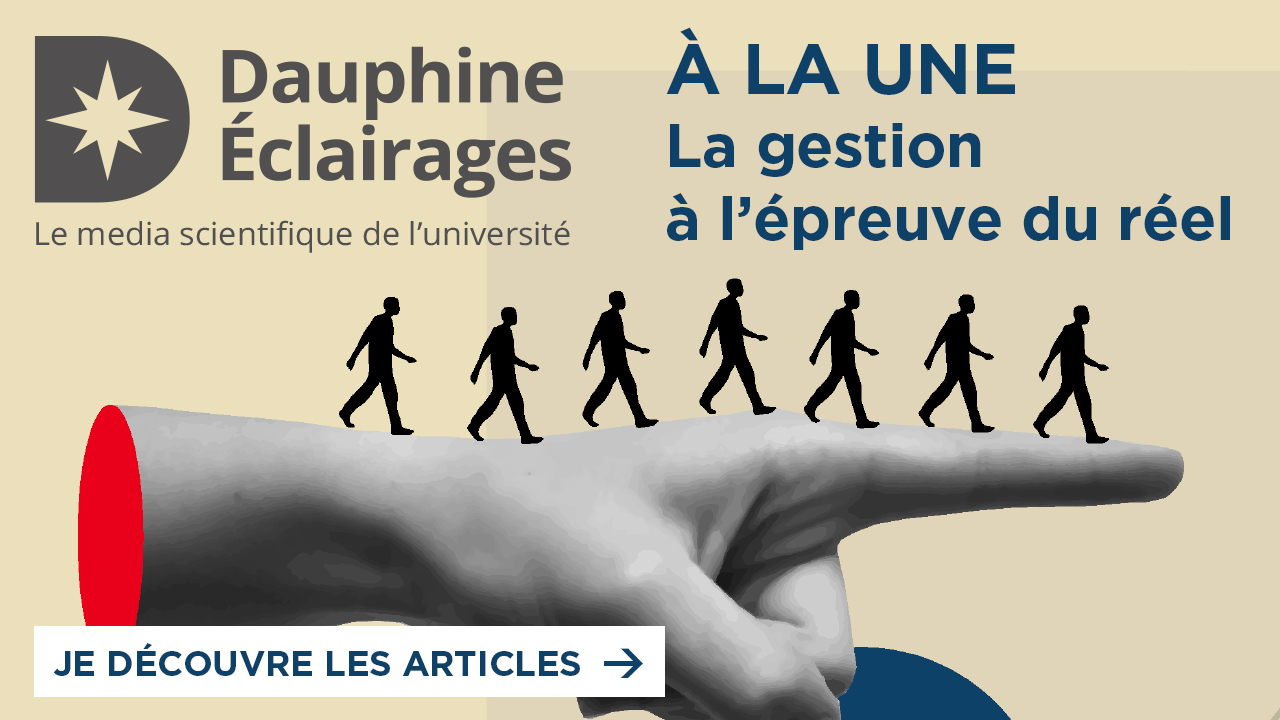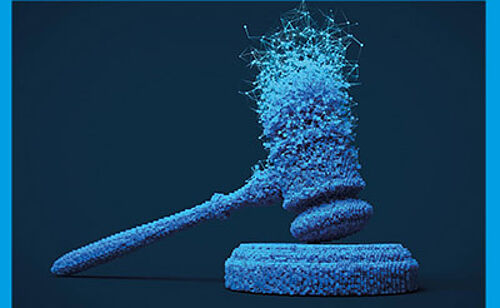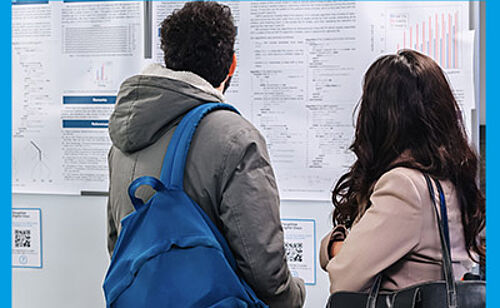L’IA comme outil d’aide à la décision médicale : promesses et défis -REPLAY
L'IA peut-elle aider à améliorer la précision des diagnostics ? A personnaliser une stratégie de traitement pour un patient ? Nous discuterons des opportunités et des défis des outils propulsés par l'intelligence artificielle en médecine, y compris leur mise en œuvre dans la pratique clinique.
Coordinatrice : Mathilde Godard, chargée de recherche CNRS à l'Université Paris-Dauphine-PSL
- 9h00 - 9h50 : Machine Learning and Deep Learning techniques for Medical Diagnostics based on Metagenomics (en anglais)
Yann Chevaleyre, professor in computer science, Université Paris Dauphine - PSL
The metagenome, which comprises the collective genomes of microorganisms in environments like the human microbiome, is the focus of growing research aimed at its use for diagnostic purposes, thanks to Artificial Intelligence. While DNA-based diagnostics have matured, the combination of high-throughput sequencing and AI allows for the detection of complex microbial patterns and their associations with diseases. In this presentation, we will explore how AI applied to metagenomics and multiomics data enhances diagnostic accuracy and opens new avenues in precision medicine.
- 9h50 – 10h40 : Antibiotic use: the role of physicians and opportunities for AI (en anglais)
Hannes Ullrich, research Associate, DIW Berlin. Associate Professor of Economics, University of Copenhagen
This presentation gives a research overview on the use of machine learning and big data to improve antibiotic prescribing, particularly for urinary tract infections in primary care. We explore how machine learning predictions compare to physicians' decisions, finding that following algorithmic recommendations in cases where machine learning predictions outperform physician decisions could significantly reduce antibiotic use and overprescribing. We further examine how varying physician skills and objectives may affect the potential benefits of AI-assisted decision-making. While machine learning shows promise in improving diagnostic information, its effective implementation in clinical practice will be crucial for improving patient health outcomes.
Pause café
- 11h00 - 12h00 : Table ronde : L'IA comme outil d'aide à la décision : un état des lieux en France (en français)
Quels outils, usages, et enjeux éthiques liés à l'utilisation de l'IA en imagerie médicale ?
Irène Buvat, directrice de recherche au CNRS, Institut Curie, Responsable du projet “IA et Diagnostic” à l'Institut des Cancers des Femmes
Giulia Anichini, post-doctorante en anthropologie au CERMES3 et à l'Institut Santé Numérique en Société (ISNS)
Emmanuel Bacry,Directeur de recherche au CNRS, Université Paris Dauphine-PSL et directeur scientifique du Health Data Hub
Mathilde Godard, chargée de recherche CNRS à l'Université Paris-Dauphine-PSL
Session organisée en collaboration avec l’Institut Santé Numérique en Société (ISNS), institut de recherche de PariSanté Campus
Informations Pratiques
Date :
mercredi 20 novembre 2024
de 9h00 à 12h00
Lieu : Salle Raymond Aron


